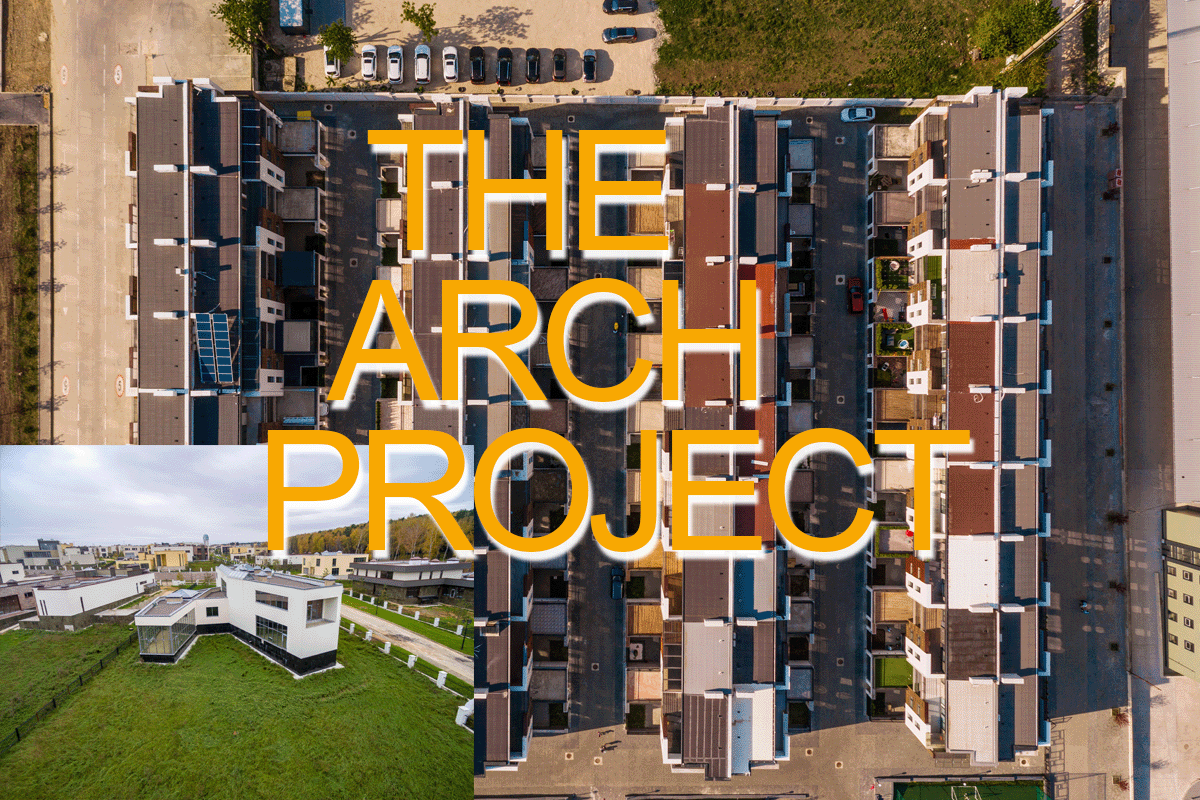The real estate industry is often regarded as the backbone of America’s economy, and for good reason. This sector plays a pivotal role in driving economic growth, providing employment opportunities, and serving as a cornerstone of wealth creation for countless Americans. Yet, a glaring question arises: why has Africa not fully harnessed the potential of its real estate industry to stimulate economic growth and meet the ever-growing demand for housing?
The American Success Story
The United States has long been synonymous with economic prosperity, and its robust real estate industry is a key player in this narrative. Here are some of the ways in which real estate has become an economic pillar in the United States:
Job Creation:
The real estate industry generates an extensive array of jobs, from construction workers and architects to real estate agents and property managers. It is estimated that the industry supports millions of jobs in the United States.
Wealth Creation:
Real estate has historically been a vehicle for wealth creation. Homeownership has allowed countless Americans to build equity and secure their financial future.
Economic Growth:
The buying, selling, and construction of real estate contribute significantly to the country’s GDP. Real estate transactions often involve various ancillary services, further stimulating economic activity.
Stability:
The real estate market provides a certain degree of stability to the economy. Even during economic downturns, it has proven to be a resilient sector, continuing to contribute to economic growth.
Africa’s Untapped Potential
Africa is home to a young and rapidly growing population, which has led to a surge in housing demand. However, despite the vast potential for economic growth and social development that a thriving real estate industry could bring, African leaders have been slow to fully embrace this sector. Several factors may contribute to this hesitancy:
Infrastructure Challenges:
Many African countries face infrastructure deficits, including insufficient roads, electricity, and water supply, which are crucial for real estate development.
Access to Finance:
Access to affordable financing is often limited for both developers and homebuyers. High interest rates and a lack of mortgage options can hinder real estate growth.
Land Ownership and Regulations:
Complex land tenure systems and bureaucratic hurdles can make land acquisition and development difficult.
Political Instability:
Political instability in some regions can discourage real estate investment, as investors seek stable environments.
Informal Settlements:
The prevalence of informal settlements in many African cities adds a layer of complexity to real estate development.
Africa’s Path Forward
While challenges exist, Africa possesses immense potential for growth in the real estate sector. African leaders must consider the following strategies to unlock this potential:
Invest in Infrastructure:
Prioritize infrastructure development to support real estate growth. Improved roads, utilities, and public transportation are essential.
Financial Inclusion:
Work on financial inclusion and develop mortgage markets to provide affordable financing options for developers and homebuyers.
Streamline Regulations:
Simplify land ownership and development regulations to make it easier for investors and developers to enter the market.
Stability and Governance:
Ensure political stability and good governance to instill confidence in real estate investors.
Affordable Housing:
Focus on affordable housing initiatives to address the housing needs of the growing population.
As a final point
The real estate industry has long been the backbone of America’s economy, providing jobs, generating wealth, and fostering economic growth. Africa, with its burgeoning population and housing demand, has the potential to emulate this success. By addressing infrastructure challenges, improving financial inclusion, streamlining regulations, and promoting stability, African leaders can tap into the tremendous economic potential of the real estate industry, ultimately providing a better future for their citizens and boosting the continent’s economic growth. It is time for Africa to build its own economic success story on the strong foundation of real estate.




